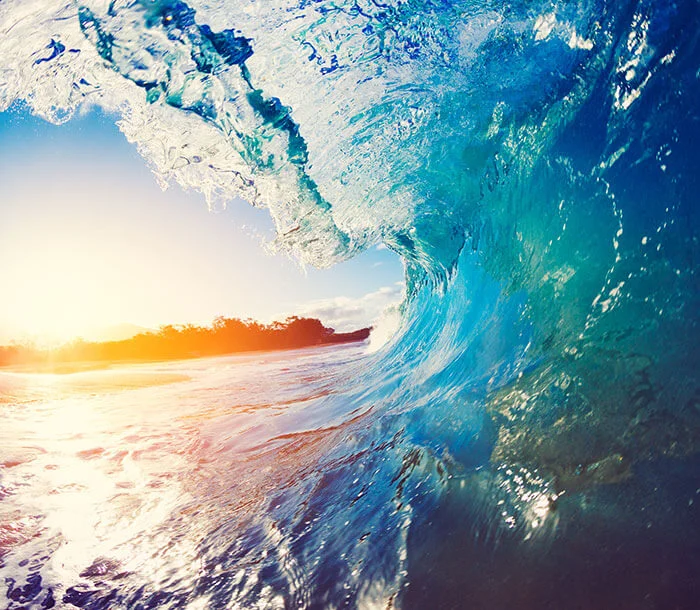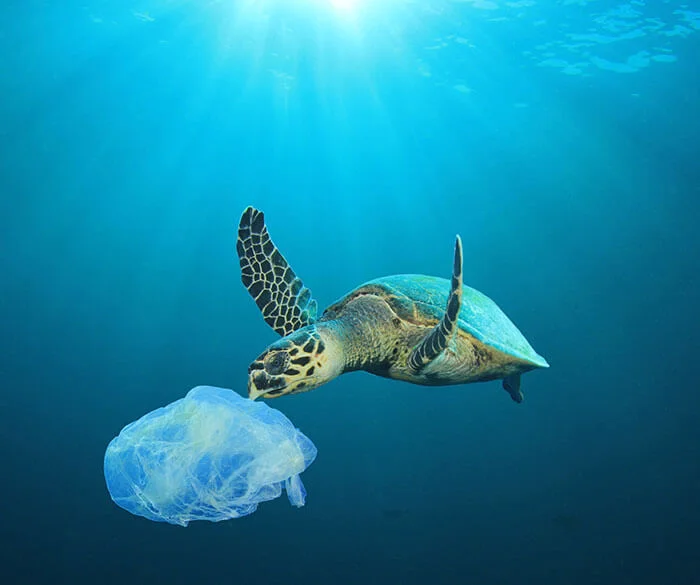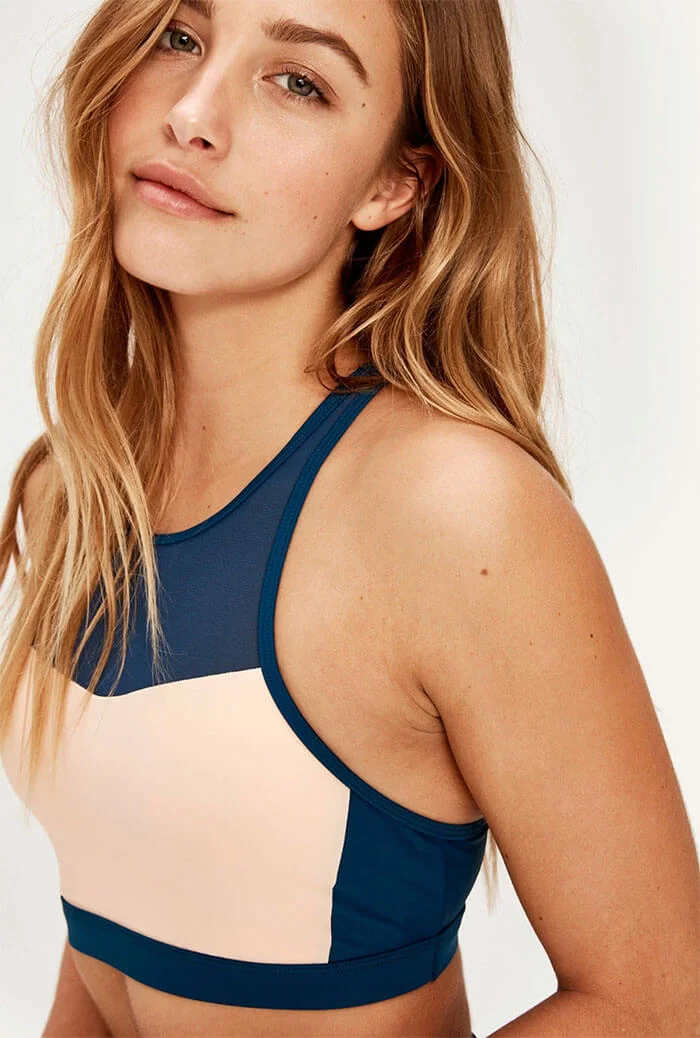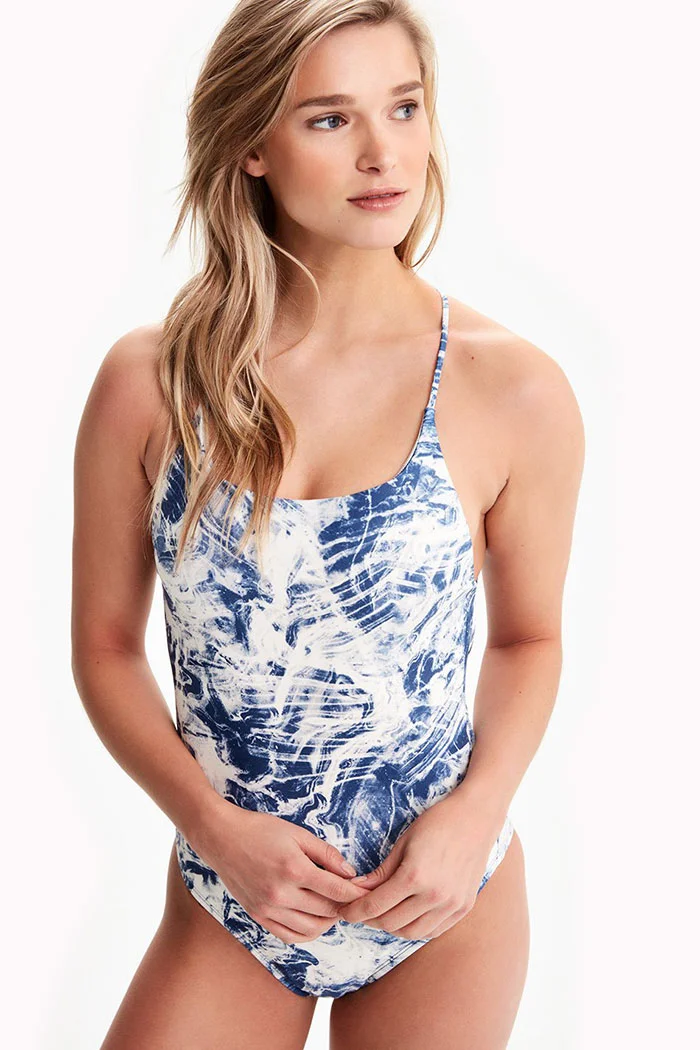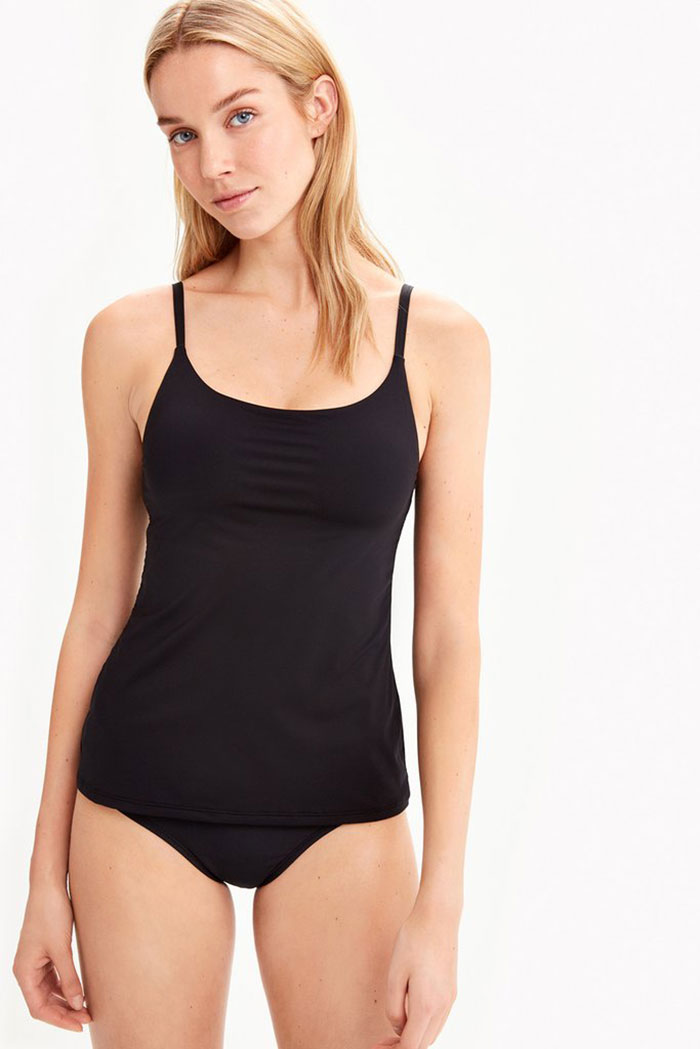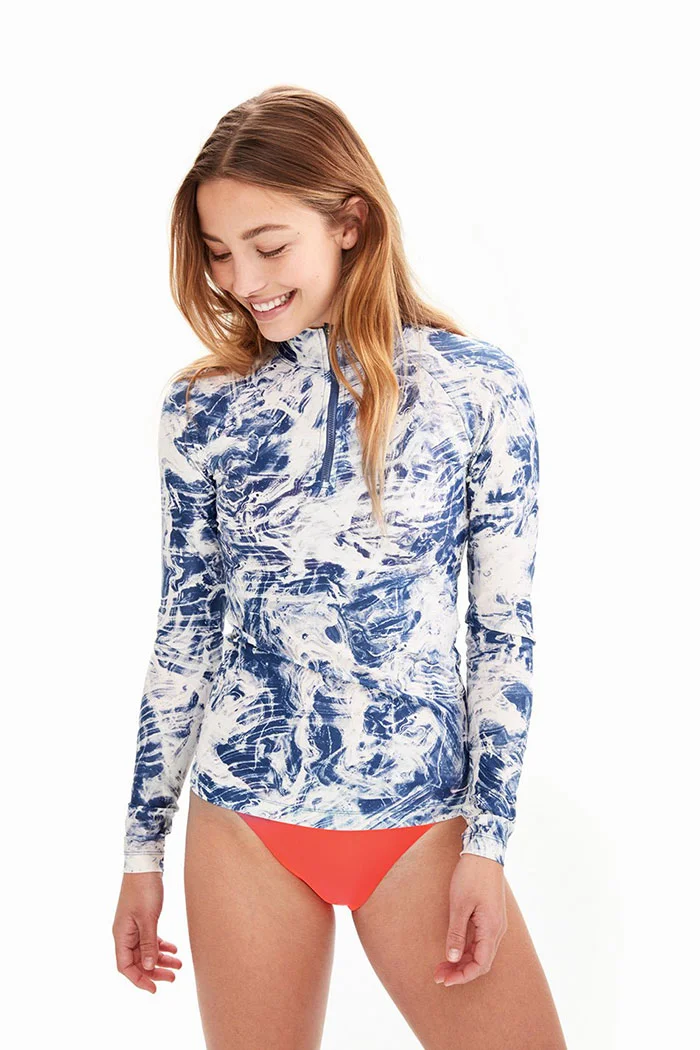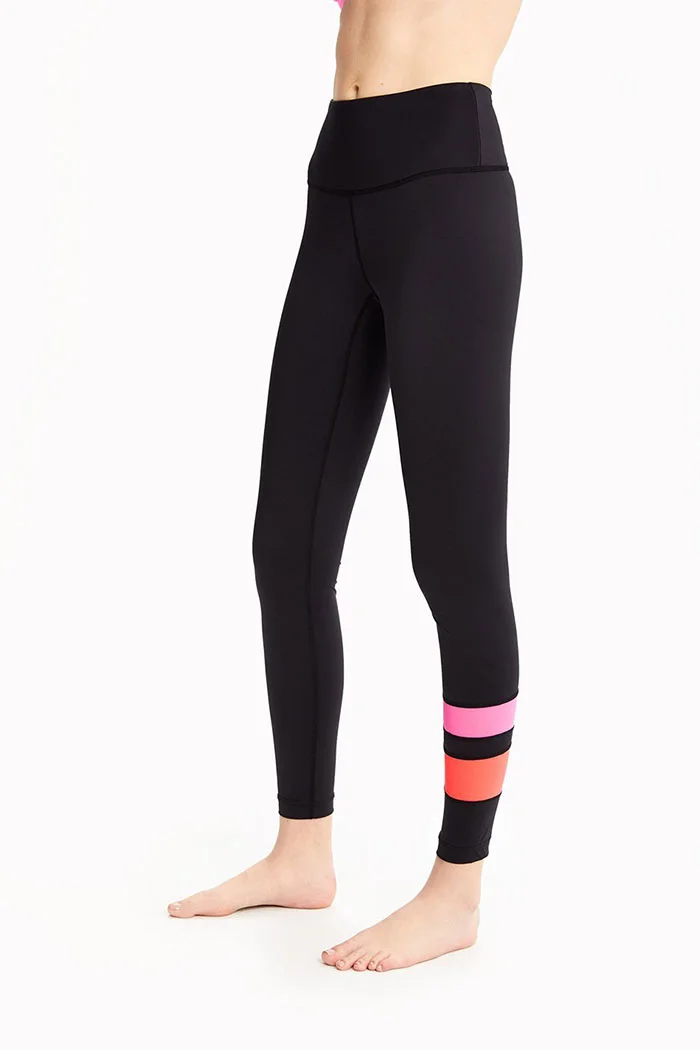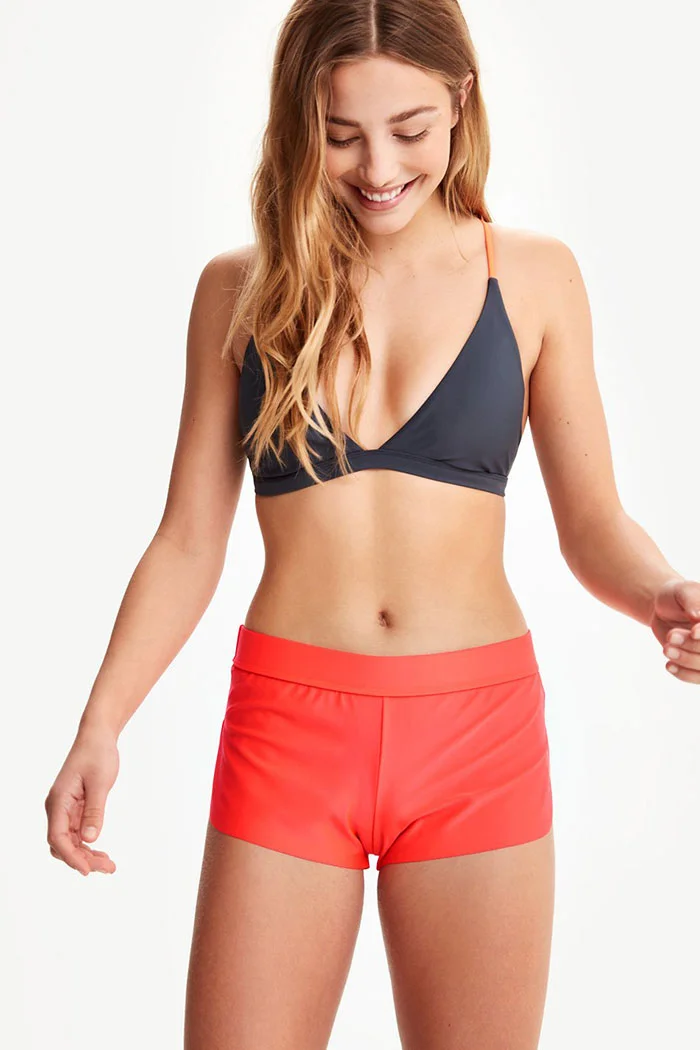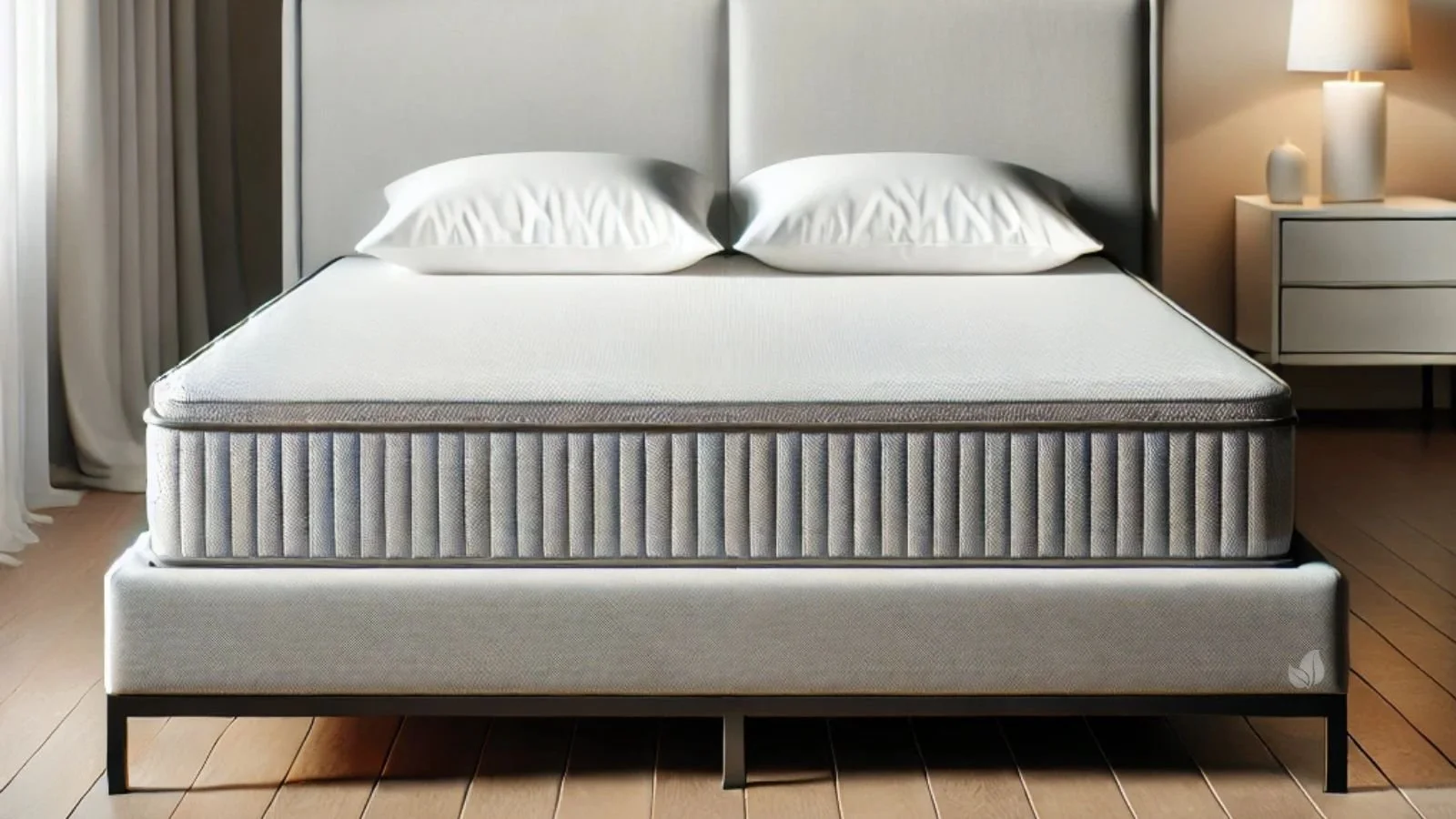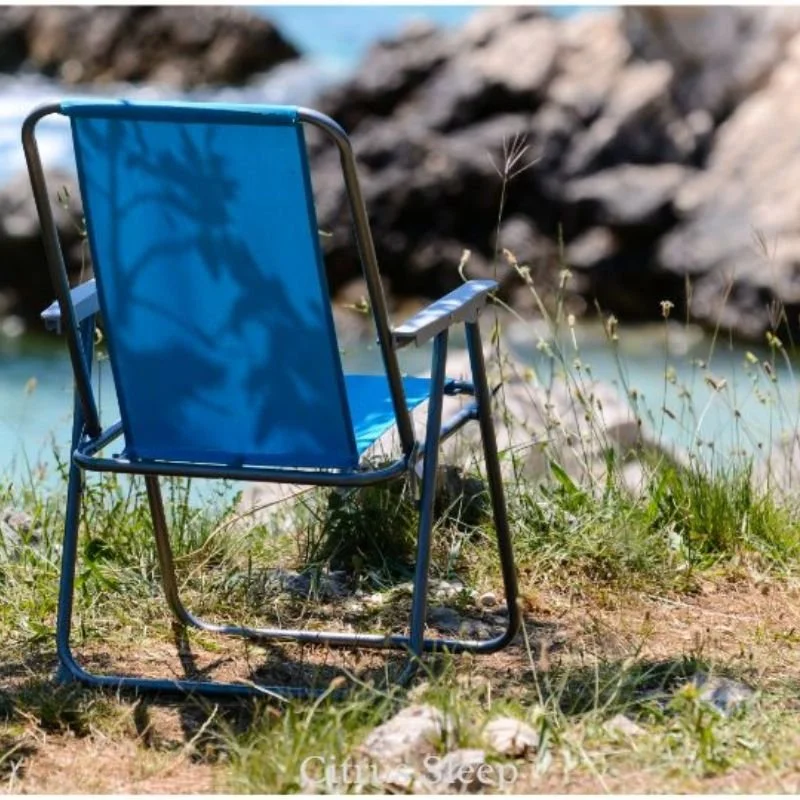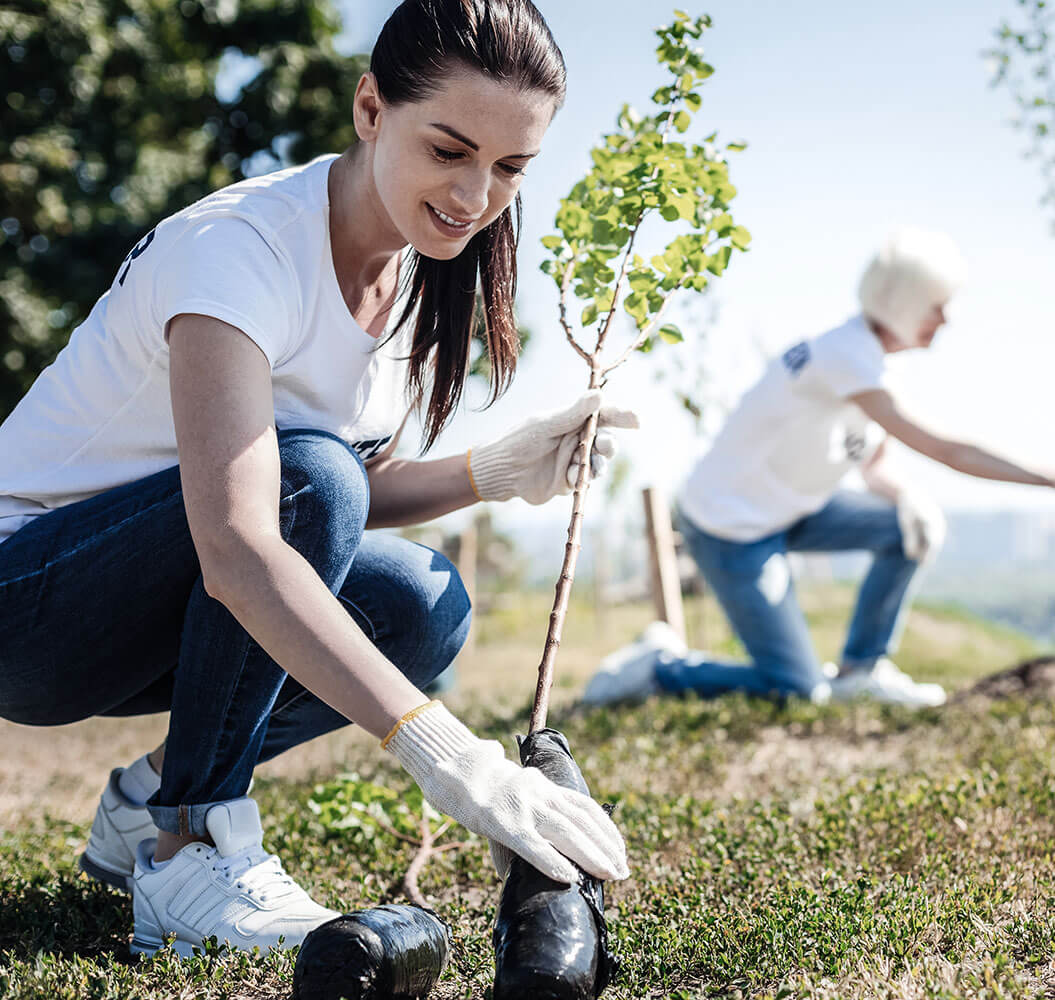Econyl Sustainable Eco-Friendly Swimwear Nylon Fabric
ECONYL Fabric: A Sustainable Choice for Swimwear and Swimwear Fabric
ECONYL fabric is revolutionizing the way we think about sustainable materials, especially in products like ECONYL swimwear and other eco-friendly alternatives. Whether you’re packing for a camping trip or selecting everyday essentials like rain jackets, hammocks, umbrellas, or swimwear, nylon is a common material in many of these items.
Traditional nylon has a significant environmental impact, contributing to waste and pollution. Thankfully, ECONYL fabric offers an innovative solution.
Made from regenerated nylon, ECONYL swimwear fabric repurposes waste materials such as fishing nets and industrial plastic into high-quality, sustainable fibers. This groundbreaking approach not only reduces the demand for new nylon but also helps combat environmental threats posed by discarded materials.
Dive into how ECONYL fabric is transforming industries like swimwear, making it easier than ever to make sustainable choices!
In this guide, we’ll explore ECONYL, a nylon alternative that’s more sustainable and responsible than nylon. First, let’s look at the reasons nylon is so detrimental to the health of the planet.
Jump to: ECONYL Swimsuits
The Eco-Impact of Nylon
Eco-Impact of Nylon
Nylon is a polymer that’s extremely versatile. It’s strong and flexible, and it’s easy to add agents to make the fabric waterproof. As mentioned previously, you’ll find the fabric in tents, raincoats and umbrellas as well as weather-resistant backpacks and more.
Nylon was first discovered in 1935, and that’s when its many uses began to be explored.
From military parachutes to carpets, the fabric is widespread and found in household, industrial and commercial settings. However, there’s a problem: nylon is made from crude oil. It’s called a polyamide, and while polyamides are found in nature (like silk and wool), nylon is a synthetic polyamide that requires an incredible amount of energy to produce.
The production of nylon requires even more energy than that of polyester, and releases greenhouse gases that are partially responsible for global warming. Nitrous oxide, for instance, is one of the gases released when nylon fabrics are produced.
In addition to the greenhouse gas emissions of nylon’s production, the fabric is also not biodegradable. When your umbrella breaks or your child outgrows her swimsuit, those items will sit in landfills or our waterways for an indefinite period of time.
Nylon doesn’t require as much water to produce as, say, cotton. However, there’s a problem presented by the fabric that’s in some ways unique: it doesn’t “take” natural dyes. That means that the synthetic dyes used to color nylon contribute greatly to water pollution, further working to make nylon a choice that’s not eco-friendly. While nylon is a super-strong, versatile fabric, its impact on the planet outweighs the benefits of the material. Thankfully, researchers have developed a material that provides a great alternative: ECONYL.
What is ECONYL?
Regenerated Nylon from Recycled Nylon
ECONYL is, put simply, regenerated nylon. It’s recycled nylon at its best – nylon reclaimed from landfills and waterways is converted into this recycled, recyclable product that can be used for years. See, nylon is recyclable. However, over almost 100 years, it’s estimated that around 91% of nylon has simply been tossed into landfills.
Over the past decade, more and more manufacturers and visionaries have begun to see landfills as veritable goldmines. Trash like scrap metal and plastics can be “harvested” from landfills, then recycled into products that are eco-friendly and have a very small carbon footprint.
ECONYL is just one of these products. Nylon from carpets, clothing, household items and more can be – and are – recycled and reused to create products that will last a lifetime. Fishing nets are harvested from the oceans to do the same, thus making the earth’s waterways a safer place for marine life.
What is ECONYL?
To make ECONYL, scrap and waste vinyl products are brought to a processing facility. There, they’re “pre-treated” – broken down into small enough pieces that they can be put through the process. Then, those scraps are depolymerized and repolymerized to break down the components of the material.
Polyamide 6, a critical component of nylon, is then regenerated to convert the scraps into nylon. The yarn made from this material can then be used to make any product that could be made with nylon. ECONYL is fully recyclable, lasts for years and years and is very durable. Applications for ECONYL include clothing, home goods, sporting goods and more.
An Eco-Friendly Manufacturing Process
Econyl Manufacturing Process
The manufacture of ECONYL certainly does have an eco-footprint. However, the process is very much more eco-friendly than the manufacture of nylon. For instance, as compared to the creation of nylon using crude oil, the potential for global warming is reduced by up to 80 percent.
Production of ECONYL involves some of the same steps as the production of traditional nylon. ECONYL is polymerized, then made into yarn. However, there are three important steps that are missing from the process. To make nylon, crude oil must be extracted. Then it must be processed. Finally, caprolactam must be produced to create the final product: nylon 6.
While the production of ECONYL is still relatively new, steps are being taken to ensure environmental stewardship in its manufacture. For instance, the ECONYL Qualified Project is in development to certify that manufacturers are working sustainably.
Additionally, measures are being taken to reduce greenhouse gas emissions, water usage and the overall environmental impact of manufacture and the final product.
ECONYL Stats
Here are the fast facts on ECONYL and its eco-friendly attributes:
ECONYL is 100% recyclable - infinitely
Regenerated ECONYL nylon is exactly the same as virgin nylon
10,000 tons of ECONYL eliminates 12,000 pounds of waste, 70,000 barrels of crude oil and 42,000 tons of CO2 emissions
It’s estimated that, by 2050, there will be more plastic than fish in the oceans – ECONYL helps alleviate this
Ghost fishing nets account for at least 10% of all plastic in the ocean
ECONYL yarn reduces the energy demand of traditional yarn by 45%
As you can see, the eco-benefits of ECONYL go well beyond simply recycling! As mentioned, the process of creating ECONYL is new and we’re confident that further developments will be made to protect the planet and our resources.
Products Created using ECONYL
Products Created using ECONYL
More and more, you’ll find ECONYL fabrics in everyday items. Whereas previously nylon was the go-to for outdoor gear, carpets and even wedding gowns, today ECONYL presents a more eco-friendly alternative. You’ll find ECONYL in:
Tents, backpacks and outdoor gear
Shoes, including dress shoes and sneakers
Swimwear
Home décor including furniture and carpets
Clothing – sweaters, athletic wear, undergarments and more
Backpacks and purses
Anything you could make with virgin nylon
As you shop for your everyday products, look first for the ECONYL alternative to your clothing, home goods and outdoor equipment. It’s an eco-friendly, sustainable choice and the ECONYL fabric is exactly the same as virgin nylon.
ECONYL Women’s Clothing – Swimwear, Activewear and More
We’ve covered some of the most prolific uses of ECONYL in today’s market. However, it’s becoming more and more common that you’ll find ECONYL in products you shop frequently – like women’s clothing. Many manufacturers are stepping up and including ECONYL products and complete lines in their catalogues. Some of our favorite brands include Free People, REI, Speedo and prAna – each of these companies include ECONYL in their collections.
A favorite, though, is Lole. Lole is a Canadian company with a give back philosophy. The group frequently hosts events to educate on intelligent consumption, leads initiatives to recycle and donate clothing and supports efforts to empower women. Here are a few of our favorite ECONYL styles from North American Lole.
Lole ECONYL Products
Calayan One Piece Swimsuit
Type of Swimwear | One Piece Swimsuit
One Piece Swimsuit Features | Recyclable, Recycled Material, North American Company, OEKO-TEX Certified
One Piece Swimsuit Price | $40
This Calayan one-piece swimsuit by Lole is made from 78 percent recycled nylon, and we absolutely love it. No matter your body type, this suit will flatter your shape and provide support where you need it. Choose from four colors and four sizes to create a suit that’s perfect for swimming, boating or just relaxing on the beach.
The material used to make this suit is branded Vita by Carvico, and it’s resistant to everything you’ll be exposed to on the beach or at the pool, including sunscreens and chlorine. In addition, it offers 50+ UPF so you’ll remain protected from the sun!
SHOP CALAYAN ONE PIECE SWIMSUIT
Bohai Tankini Top
Type of Swimwear | Tankini Top
Tankini Top Features | Recyclable, Recycled Material, Give Back, OEKO-TEX Certified
Tankini Top Price | $35
If you prefer a two-piece swimsuit with a little more versatile, the Lole Bohai Tankini Top is a great option for you. This swimsuit is cut to flatter, but will move with you as you run the beach, swim in the pool or surf the waves. Pair it with a traditional cut bottom or a board short – classic black will match any style, so the possibilities are endless.
The Bohai Tankini Top is made from ECONYL based Vita fabric, so it offers the benefits of chemical resistance and protection from ultraviolet rays. It’s available in five sizes and features removable pads in the bust. The Bohai Tankini Top is OEKO-TEX Certified to be safe and free from toxins.
SHOP LOLE BOHAI TANKINI TOP
White Heaven Rash Guard Top
Type of Swimwear | Rash Guard Top
Rash Guard Top Features | Eco-Friendly, Green Recycled Material, Supports Women’s Initiatives, OEKO-TEX Certified
Rash Guard Top Price | $33
Next on the list of Lole reviews is the White Heaven Rash Guard Top. This top is perfect if you take a more active approach to a day at the beach. Surfers, runners, snorkelers and windsurfers will all love this rash guard top. Sun protection, warmth and comfort are just a few of the benefits.
Like other ECONYL products from Lole, this rash guard top is resistant to chemicals and oils. It’s also resistant to pilling, so you can feel free to move about without damaging your suit. The White Heaven Rash Guard Top comes in three colors and five sizes to fit every body type.
SHOP LOLE WHITE HEAVEN RASH GUARD TOP
Cayo Surf Legging
Type of Swimwear | Surf Legging
Surf Legging Features | Eco-Friendly, Green Recycled Material, Fair Trade, OEKO-TEX Certified
Surf Legging Price | $50
When you’re at the shore and on the move, you’re going to need a legging that stays in place and protects you from the elements. The Lole Cayo Surf Legging is the perfect companion to the White Heaven Rash Guard Top. Choose from four colors (we’re in love with the Hot Pink) and five sizes, then get out there and get moving!
Of course, the Cayo Surf Legging is made from ECONYL based Vita, but it’s got some additional features you’ll love. A high waist allows you to exercise or play without embarrassment. Silicone “dots” on the waistband further help to keep it in place. A back pocket keeps your stuff secure, and the legging even features a key ring!
SHOP LOLE CAYO SURF LEGGING
Belize Swim Short
Type of Swimwear | Swim Short
Swim Short Features | Recycled, Recyclable, Give Back, Socially Responsible, Supports Women’s Initiatives, OEKO-TEX Certified
Swim Short Price | $30
Finally, if you prefer a short to a legging, the Lole Belize Swim Short will be a perfect fit. This little short features the same silicone dots that will keep the shorts in place and, of course, they’re made from recycled plastics and fishing nets.
In addition to the eco-friendly material and protective benefits of this short, we just love the style! The feminine flare is flattering to all body types and the colors are vivid – you’ll stand out in the crowd! Four way stretch and UPF protection make this the perfect short for a full day at the shore or the pool. The Belize Sim Short is available in three colors and five sizes.
SHOP LOLE BELIZE SWIM SHORT
ECONYL - A Responsible Sustainable Alternative To Regenerate Recycle Nylon
Nylon has been around for almost a full century, and the material has thousands of practical uses. However, the resources used to make nylon leave a lasting effect on the planet. Nylon requires crude oil extraction, requires a huge amount of energy to produce, does not biodegrade and is responsible for a decline in marine life population. ECONYL offers a responsible, sustainable alternative to nylon that’s not only more eco-friendly than nylon, but also helps clean up waste on the planet! From carpets to swimwear, shop products that are made from ECONYL as a substitute for nylon fabrics.
Karen A Mulvey is a personal social blogger and mom with 14 years of experience in the every day world of motherhood and sustainable product research. Karen is on a mission to help everyday families select sustainable, non-toxic organic products, stop stressing about uncertainties on sustainable home goods and apparel, and start living the life they’ve always wanted.
Follow Karen at @karenAmulveycs | Karen A Mulvey


